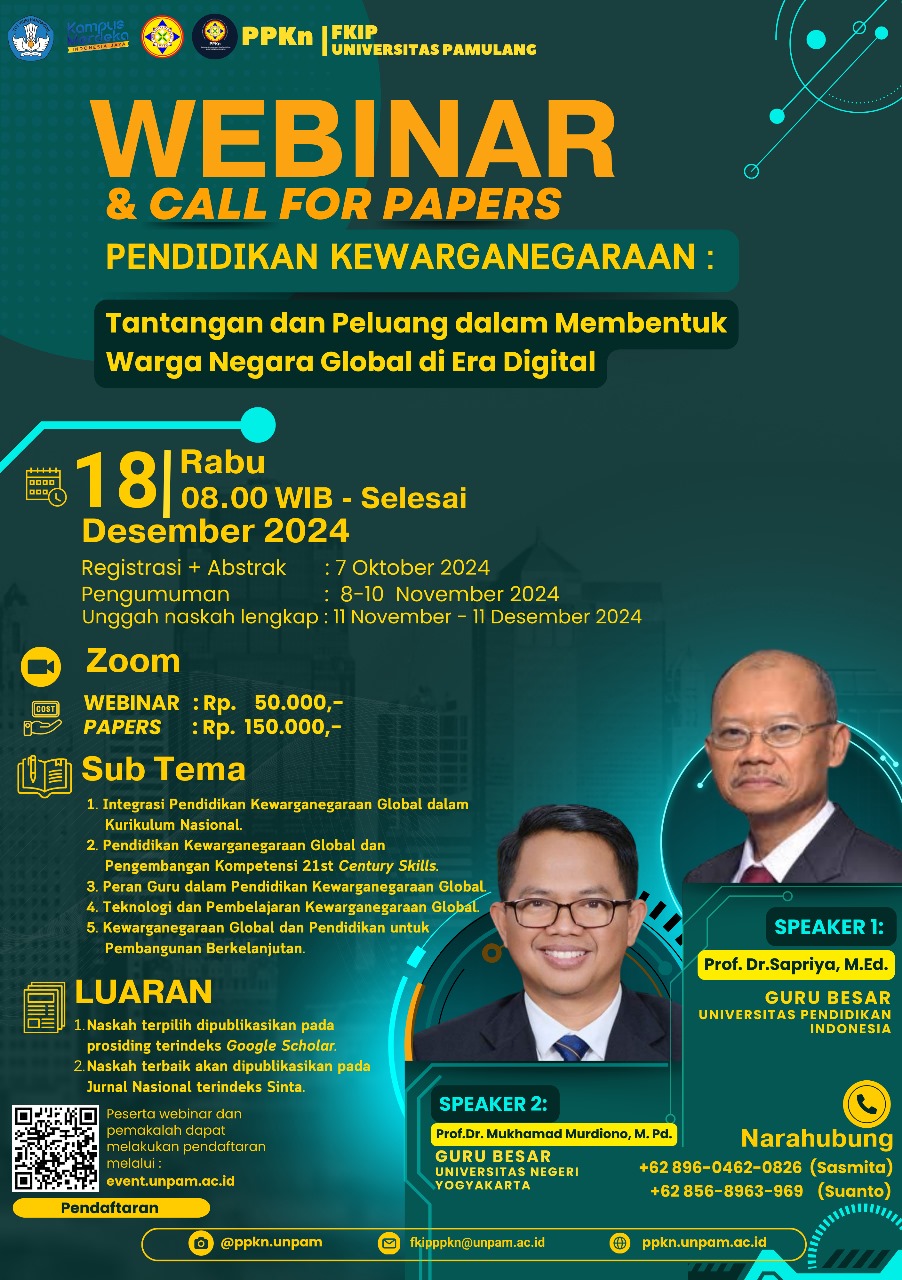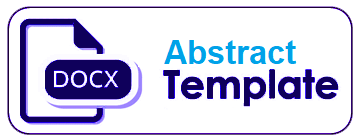TUNTUTAN KOGNITIF, KETERAMPILAN LITERASI, DAN PEMANFAATAN CHATGPT UNTUK PENYELESAIAN TUGAS KULIAH
Keywords:
ChatGPT, Keterampilan berpikir tingkat rendah, Keterampilan berpikir tingkat tinggi, Keterampilan literasi, Teknologi pendidikan.Abstract
Penelitian ini bertujuan untuk menganalisis pengaruh bentuk pertanyaan (tuntutan berpikir tingkat tinggi atau tuntutan berpikir tingkat rendah) dan keterampilan literasi (rendah atau tinggi) terhadap pemanfaatan ChatGPT dalam menyelesaikan tugas kuliah. Metode yang digunakan adalah penelitian eksploratori dengan pendekatan kualitatif. Partisipan penelitian terdiri dari 20 mahasiswa yang dibagi menjadi dua kelompok: kelompok literasi tinggi dan kelompok literasi rendah. Data dikumpulkan adalah angket, jawaban, dan rekaman layar penggunaan ChatGPT. Hasil penelitian menunjukkan bahwa mayoritas mahasiswa sepakat bahwa penyusunan kalimat sendiri sebagai cara etis dalam memanfaatkan ChatGPT. Terkait dengan perilaku pemanfaatan ChatGPT, diketahui bahwa mahasiswa dengan kemampuan literasi tinggi lebih efektif dalam memanfaatkan ChatGPT, terutama untuk tugas dengan pertanyaan HOTS, yang membutuhkan analisis mendalam. Sebaliknya, mahasiswa dengan literasi rendah cenderung lebih mudah menggunakan ChatGPT untuk tugas LOTS. Penelitian ini menyimpulkan bahwa kemampuan literasi dan bentuk pertanyaan berpengaruh terhadap perilaku pemanfataan ChatGPT dalam menyelesaikan tugas kuliah. Oleh karena itu, untuk menghindari perilaku tidak etis, dosen perlu memperhatikan jenis pertanyaan yang diberikan dalam tugas agar dapat mengoptimalkan pemanfaatan teknologi ini dalam pendidikan.
References
Adeshola, I., & Adepoju, A. P. (2023). The opportunities and challenges of ChatGPT in education. Interactive Learning Environments. https://doi.org/10.1080/10494820.2023.2253858
Farhi, F., Jeljeli, R., Aburezeq, I., Dweikat, F. F., Al-shami, S. A., & Slamene, R. (2023). Analyzing the students’ views, concerns, and perceived ethics about chat GPT usage. Computers and Education: Artificial Intelligence, 5, 100180. https://doi.org/10.1016/J.CAEAI.2023.100180
Javaid, M., Haleem, A., Singh, R. P., Khan, S., & Khan, I. H. (2023). Unlocking the opportunities through ChatGPT Tool towards ameliorating the education system. BenchCouncil Transactions on Benchmarks, Standards and Evaluations, 3(2), 100115. https://doi.org/10.1016/J.TBENCH.2023.100115
Kasneci, E., Sessler, K., Küchemann, S., Bannert, M., Dementieva, D., Fischer, F., Gasser, U., Groh, G., Günnemann, S., Hüllermeier, E., Krusche, S., Kutyniok, G., Michaeli, T., Nerdel, C., Pfeffer, J., Poquet, O., Sailer, M., Schmidt, A., Seidel, T., … Kasneci, G. (2023). ChatGPT for good? On opportunities and challenges of large language models for education. Learning and Individual Differences, 103, 102274. https://doi.org/10.1016/J.LINDIF.2023.102274
Li, J., Brar, A., & Roihan, N. (2021). The use of digital technology to enhance language and literacy skills for Indigenous people: A systematic literature review. Computers and Education Open, 2, 100035. https://doi.org/10.1016/J.CAEO.2021.100035
Marzano, R. J., & Kendall, J. S. (2007). The New Taxonomy of Educatioal Objectives (2nd ed.). Corwin Press. https://doi.org/10.1016/B978-1-85617-816-7.10013-X
Memarian, B., & Doleck, T. (2023). ChatGPT in education: Methods, potentials, and limitations. Computers in Human Behavior: Artificial Humans, 1(2), 100022. https://doi.org/10.1016/J.CHBAH.2023.100022
Miles, P. J., Campbell, M., & Ruxton, G. D. (2022). Why Students Cheat and How Understanding This Can Help Reduce the Frequency of Academic Misconduct in Higher Education: A Literature Review. Journal of Undergraduate Neuroscience Education, 20(2), A150. https://doi.org/10.59390/LXMJ2920
Perkins, M. (2023). Academic Integrity considerations of AI Large Language Models in the post-pandemic era: ChatGPT and beyond. Journal of University Teaching and Learning Practice, 20(2). https://doi.org/10.53761/1.20.02.07
Qadir, J. (2023). Engineering Education in the Era of ChatGPT: Promise and Pitfalls of Generative AI for Education. Authorea Preprints. https://doi.org/10.36227/TECHRXIV.21789434.V1
Sok, S., & Heng, K. (2023). ChatGPT for Education and Research: A Review of Benefits and Risks. SSRN Electronic Journal. https://doi.org/10.2139/SSRN.4378735
Sparks, R. L., Patton, J., & Murdoch, A. (2014). Early reading success and its relationship to reading achievement and reading volume: Replication of “10 years later.” Reading and Writing, 27(1), 189–211. https://doi.org/10.1007/S11145-013-9439-2
Tlili, A., Shehata, B., Adarkwah, M. A., Bozkurt, A., Hickey, D. T., Huang, R., & Agyemang, B. (2023). What if the devil is my guardian angel: ChatGPT as a case study of using chatbots in education. Smart Learning Environments, 10(1), 1–24. https://doi.org/10.1186/S40561-023-00237-X/FIGURES/13
Toledo, S., & Dubas, J. M. (2016). Encouraging Higher-Order Thinking in General Chemistry by Scaffolding Student Learning Using Marzano’s Taxonomy. Journal of Chemical Education, 93(1), 64–69. https://doi.org/10.1021/acs.jchemed.5b00184
Uzun, A. M., & Kilis, S. (2020). Investigating antecedents of plagiarism using extended theory of planned behavior. Computers & Education, 144, 103700. https://doi.org/10.1016/J.COMPEDU.2019.103700
Wenzel, K., & Reinhard, M. A. (2020). Tests and academic cheating: do learning tasks influence cheating by way of negative evaluations? Social Psychology of Education, 23(3), 721–753. https://doi.org/10.1007/S11218-020-09556-0
Wowra, S. A. (2007). Moral Identities, Social Anxiety, and Academic Dishonesty Among American College Students. Ethics & Behavior, 17(3), 303–321. https://doi.org/10.1080/10508420701519312
Yang, H. (2023). How I use ChatGPT responsibly in my teaching. Nature. https://doi.org/10.1038/D41586-023-01026-9








